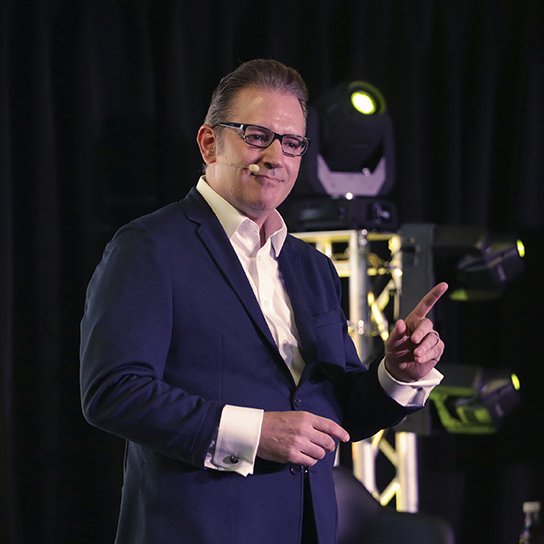In order to create and maintain a successful organization, it is important to understand the concept of organizational culture. Organizational culture is the system of shared beliefs, values, and norms that governs how people behave in an organization.
What is Organizational Culture?
Organizational culture is best described as the reason people do what they do within your organization.
It is often thought of as the "personality" of an organization. But in practice, it’s more about the standards and incentives that become entrenched over time. For example, the bosses may say they want a culture of innovation. But if they punish people for failure, they will instead have a culture of fear and timidity. If they’re wondering why employees don’t take risks, it’s because employees have seen that it’s not safe to take risks. The culture is not designed for it.
By understanding the culture of your organization, you can better align your employees' behaviors with the desired outcomes of the company. There are many factors that contribute to organizational culture, including history, mission and vision, leadership style, and employee engagement.
Types of Organizational Culture
There are many types of organizational cultures, but viewing culture through the lens of suppression versus unleashing can be especially helpful when trying to understand why employees’ actions might not align with leaders’ goals.
- Cultures that suppress: People feel boxed in, afraid or unable to contribute at full capacity. Progress toward the organization’s mission is what matters and is measured. People protect their functions and work within their silos. The result: a model that holds people to conformity and limits creativity.
- Cultures that unleash: Individual capacities are elevated and activated: people have influence. Progress toward individual impact and legacy is what matters and is measured. People value and seek interdependence across the enterprise. The result: a model that benefits from individual and unique contributions.
Take this assessment to see what type of organizational culture you have.
Innovative Approaches to Organizational Culture
First, here are two common approaches: many start with a small group of employees who are committed to driving change. This group can act as agents of change, modeling the desired behaviors and helping to educate and influence their colleagues. Another approach is to focus on organizational values. Identifying and promoting a set of shared values can help to create a common language and culture within the organization.
Now, for an innovative approach. Start by building an essential, foundational skill: learning how to unleash individuality.
Learn more about GLLG leadership training in the skill of unleashing individuality.
How does this impact culture? It creates a core skill among all leaders.
To return to the example above about innovation. When leaders want more innovation, they typically start by declaring it as a value. Let’s get a small group of people to show everyone else how to innovate. Great. But if leaders don’t also know how to discover why people weren’t innovating in the first place— to root out that suppression—they will never succeed in building a culture of innovation.
Conclusion
Every person needs to know and feel that they matter as individuals. They know they matter when they’re able to achieve at full capacity and when their dignity is supported. But most organizational cultures are designed to inadvertently suppress people, and most leaders are never trained to identify and root out those systems in order to unleash people.
Unleashing individuality is the foundational leadership skill that enables all others. It’s the skill that will help you build the organizational culture you want and need.
See if your organizational culture is ready for individuality and personalization with this free assessment.









